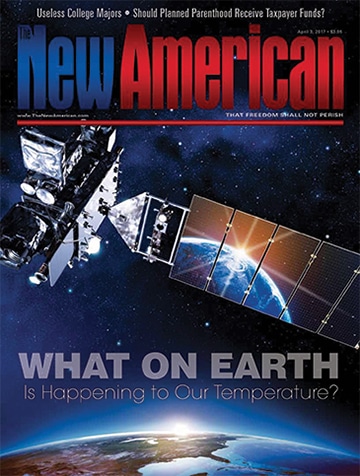Committee on Public Information
German-born Robert Paul Prager had been living in the United States since 1905 when he was dragged from his home, stripped to his underwear, and lynched just outside the city limits of Collinsville, Illinois, in the early morning of April 5, 1918. His attackers were ultimately acquitted of the crime of murder, justified by a suspicion that Prager might have been a German spy. An aspiring miner and no spy, Prager was the unfortunate victim of an irrational wave of anti-German hysteria that gripped much of the United States after its entry into the First World War. How could this happen in the United States, a country that followed the rule of law? The roots of this wave of prejudice found fertile ground in a federal organization that President Woodrow Wilson had established to marshal support for the U.S. war effort.
On April 13, 1917, President Woodrow Wilson issued Executive Order 2549, establishing the Committee on Public Information (CPI). This governmental entity, unique in American history, became the official propaganda arm of the U.S. government. Led by outspoken journalist and social-justice reformer George Creel, the committee mobilized an astonishingly wide-ranging propaganda campaign in support of Wilson’s war. Charged with shaping public opinion through a multi-layered effort, the CPI used every type of media available. By the end of 1918, its multiple branches had produced thousands of posters, publications, films, and speeches across the country.
When the United States entered WWI in 1917, Wilson made it clear that he intended to commit every resource available. “We are mobilizing a nation as well as creating an Army, and that means we must keep every instrumentality at its highest pitch of efficiency and guided by thoughtful intelligence,” he remarked on April 9, 1917. America was a divided nation in 1917, divided by opinion over whether the United States should join the war effort by sending troops to Europe. Concerned about securing popular support for the war, Wilson turned to former journalist Creel to head the newly formed CPI. Creel would later call the CPI “the world’s greatest adventure in advertising.”
JBS Member?
Sign in with your ShopJBS.org account.
 Subscribe Now
Subscribe Now
- 12 Issues Per Year
- Digital Edition Access
- Digital Insider Report
- Exclusive Subscriber Content
- Audio provided for all articles
- Unlimited access to past issues
- Cancel anytime.
- Renews automatically
 Subscribe Now
Subscribe Now
- 12 Issues Per Year
- Print edition delivery (USA)
*Available Outside USA - Digital Edition Access
- Digital Insider Report
- Exclusive Subscriber Content
- Audio provided for all articles
- Unlimited access to past issues
- Cancel anytime.
- Renews automatically


